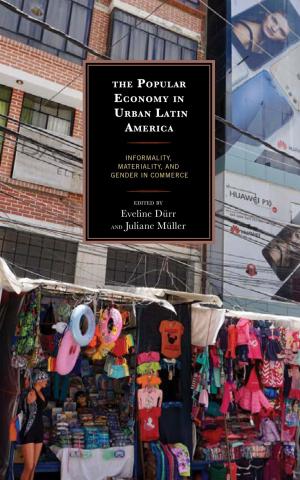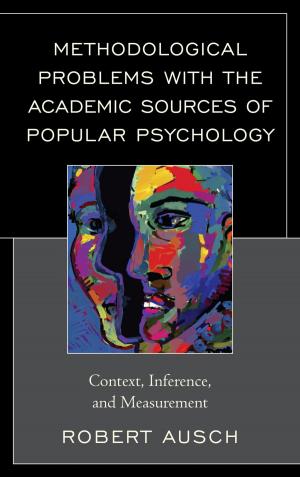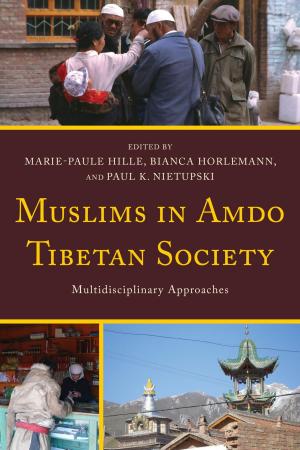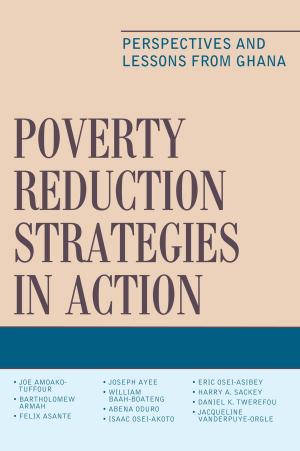Whitehead and Continental Philosophy in the Twenty-First Century
Dislocations
Nonfiction, Religion & Spirituality, Philosophy, Modern| Author: | William Hammrick, Walter Bo Eberle, J. R. Hustwit, Carl Dyke, Jeremy D. Fackenthal, Tano S. Posteraro, Kris Klotz, Elijah Prewitt-Davis, Keith Robinson, University of Arkansas at Little Rock | ISBN: | 9781498595117 |
| Publisher: | Lexington Books | Publication: | April 29, 2019 |
| Imprint: | Lexington Books | Language: | English |
| Author: | William Hammrick, Walter Bo Eberle, J. R. Hustwit, Carl Dyke, Jeremy D. Fackenthal, Tano S. Posteraro, Kris Klotz, Elijah Prewitt-Davis, Keith Robinson, University of Arkansas at Little Rock |
| ISBN: | 9781498595117 |
| Publisher: | Lexington Books |
| Publication: | April 29, 2019 |
| Imprint: | Lexington Books |
| Language: | English |
This book examines how the philosophy of Alfred North Whitehead, a speculative philosopher from the first half of the twentieth century, converses and entangles itself with continental philosophers of the twentieth and twenty-first centuries around the question of a sustainable civilization in the present. Chapters are focused around economic and environmental sustainability, questions of how technology and systems relate to this sustainability, relationships between human and nonhuman entities, relationships among humans, and how larger philosophical questions lead one to think differently about what the terms sustainable and civilization mean. The book aims to uncover and explore ways in which the combination of these philosophies might provide the “dislocations” within thought that lead to novel ways of being and acting in the world.
This book examines how the philosophy of Alfred North Whitehead, a speculative philosopher from the first half of the twentieth century, converses and entangles itself with continental philosophers of the twentieth and twenty-first centuries around the question of a sustainable civilization in the present. Chapters are focused around economic and environmental sustainability, questions of how technology and systems relate to this sustainability, relationships between human and nonhuman entities, relationships among humans, and how larger philosophical questions lead one to think differently about what the terms sustainable and civilization mean. The book aims to uncover and explore ways in which the combination of these philosophies might provide the “dislocations” within thought that lead to novel ways of being and acting in the world.















